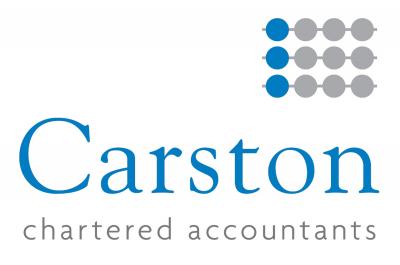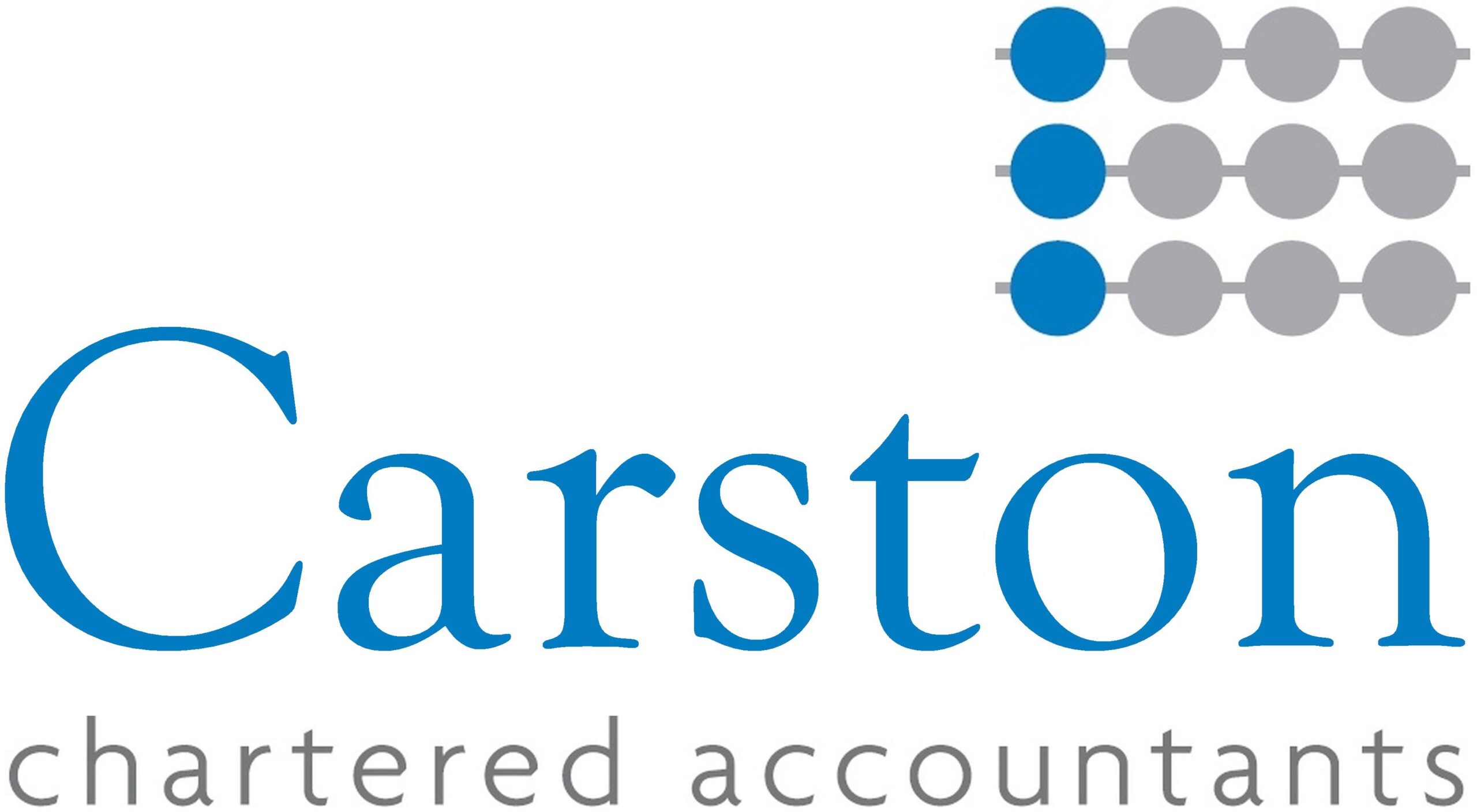As an employer, offering benefits-in-kind (BIK) is a tax-efficient way to retain the best employees. From company cars to medical insurance, the more you offer, the better the result may be.
Here’s a complete guide to BIKs and how they can help your business.
What are benefits-in-kind?
BIKs, also known as non-cash benefits, are perks you can offer your employees during their time at your business. The benefits you offer won’t be included in your employee’s salary or wages but as an optional extra.
If you do provide any BIKs for your team, it’s your legal responsibility to provide them with details on the benefits.
Some of the most popular benefits include:
- company cars
- private health insurance
- a work phone
- non-work related entertainment
- some staff meals.
There are different tax treatments for BIKs, depending on the benefit itself. Some can be tax-free, while others will affect your employer’s National Insurance contributions (NICs) and your employee’s personal taxes.
Some examples of tax-free BIKs are:
- work-related training
- work safety clothes
- mobile phone contracts between your employer and the provider
- staff meals in your workplace canteen.
As various BIKs have different tax treatments, it’s important to understand how it works. Full guidance on BIK taxes can be found on the Government website or, better yet, ask your accountant.
How do I report BIKs?
If your company does offer BIKs to its employees, you’ll have to report any taxable ones on a P11D form. Any taxable benefits may increase your employee’s salary and incur NICs, all of which will be paid for by the company.
You must record and report all BIKs to HMRC – all P11D forms must be submitted to HMRC by 6 July following the end of your tax year.
As an employer, you’ll also need to complete a P11D(b) form summarising all BIKs given to employees. You complete this form to calculate how many NICs you’ll pay, which is set at a rate of 13.8% of the benefits’ determined value.
Reporting through payroll
If you pay your employee’s expenses and benefits through payroll, you won’t need to report them separately at the end of your tax year. This is because you’ll pay the tax every time you process your payroll.
You’ll still have to report your class 1A NICs in a P11D(b) form online at the end of your tax year, though.
Trivial benefits
There are some BIKs that you don’t need to report to HMRC. These are known as ‘trivial benefits’. HMRC classes a benefit as trivial if it’s:
- less than £50 in value
- not performance related
- not a cash equivalent
- not a salary sacrifice
- not part of your employment contract.
Don’t trivialise your BIKs
Providing benefits-in-kind for your employees is a great way to motivate and incentivise them; it can also be an effective recruitment tool.
If you’re unsure how to record and report your BIKs to HMRC, we can help. Our experts know everything about P11D forms, so get in touch to discuss your BIKs and see if we can help.

